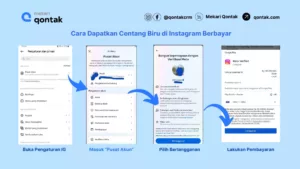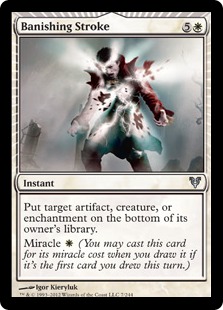
How Does the Referee Know the Applicant?
When it comes to the hiring process, employers often request references from job applicants to gain insight into their character, work ethic, and abilities. These references provide valuable information from individuals familiar with the applicant’s professional or personal background. One crucial aspect of the reference is understanding how the referee knows the applicant. Let’s explore the different ways a referee can establish this connection and the significance it holds for potential employers.
1. Previous Colleague or Coworker
One common way a referee can know an applicant is by having worked alongside them in a previous job. This firsthand experience allows the referee to assess the applicant’s skills, teamwork abilities, and reliability in a professional setting. Employers often value references from colleagues as they can offer valuable insights into the applicant’s work ethic, job performance, and interpersonal skills.
2. Supervisor or Manager
References from former supervisors or managers hold significant weight. This type of referee has had direct oversight of the applicant’s work and can provide detailed information about their performance, leadership capabilities, and organizational skills. A reference from a supervisor is especially valuable as it demonstrates that the applicant has successfully managed their duties and has the potential for growth within an organization.
3. Academic Advisor or Professor
For recent graduates or individuals with limited work experience, academic references can play a crucial role. Professors, academic advisors, or mentors can provide insight into the applicant’s intellectual capacity, dedication, and ability to handle academic challenges. An academic reference can be vital when employers are looking for candidates with specific educational backgrounds or expertise in a particular field.
4. Personal Reference
Occasionally, applicants may provide personal references, such as friends or family members, to vouch for their character and personal qualities. While personal references may not have direct knowledge of the applicant’s professional abilities, they can offer valuable insight into their personal attributes, such as reliability, integrity, and leadership skills. Personal references are particularly useful when an applicant has limited professional experience but possesses exceptional personal qualities that can be valuable in a work environment.
5. Mentor or Coach
Having a mentor or coach in one’s professional or personal life can be highly influential. Mentors or coaches play a crucial role in shaping an individual’s skills, character, and aspirations. When a mentor or coach provides a reference, they can speak to the applicant’s potential, dedication, and ability to learn and grow. This type of reference is highly valuable, particularly for candidates who have recently entered the job market or individuals seeking a career change.
6. Volunteer or Community Leader
If an applicant has been involved in volunteer work or community service, references from community leaders or volunteer coordinators can be beneficial. These references highlight the applicant’s commitment to making a positive impact and their ability to collaborate with others in a non-professional setting. Volunteer or community references can be particularly useful when an employer values social responsibility and community involvement.
Conclusion
The significance of how a referee knows an applicant cannot be underestimated. Each type of connection provides unique insights into the applicant’s abilities, skills, and character traits. Whether it is a previous colleague, supervisor, academic advisor, personal reference, mentor or coach, or a community leader, every reference type adds value to the employer’s decision-making process. By considering the varied perspectives of these referees, employers can gain a comprehensive understanding of the applicant and make well-informed hiring decisions.
FAQs
1. Should I include references from personal connections if I have limited professional experience?
Yes, including personal references can be valuable, especially when you have limited professional experience. Personal references can provide insight into your personal qualities, work ethic, integrity, and leadership skills, showcasing your potential as an employee.
2. Are references from previous employers more important than academic references?
Both types of references hold their own significance. References from previous employers provide insight into your job performance, working style, and ability to contribute to a team. Academic references, on the other hand, demonstrate your intellectual capacity, dedication, and ability to handle academic challenges.
3. Can I list a mentor or coach as a reference if they haven’t seen me in a professional capacity?
Absolutely! Mentors or coaches can provide valuable references, even if they haven’t observed your professional skills directly. They can speak to your potential, dedication, ability to learn and grow, and other personal attributes that are desirable for employers.

Source Image: cultivatedculture.com

Source Image: patriotsoftware.com
FIVB BEACH VOLLEYBALL REFEREE COURSE UNDERWAY IN ROI ET – Asian Volleyball Confederation If you are going to list a referee (and I urge you to provide details where asked) talk to them first. Show them the application you wrote, talk to them about why you want the job and the










